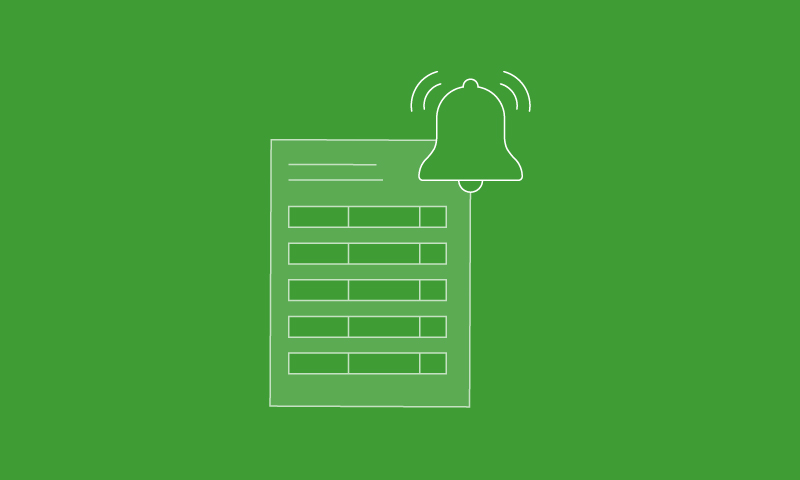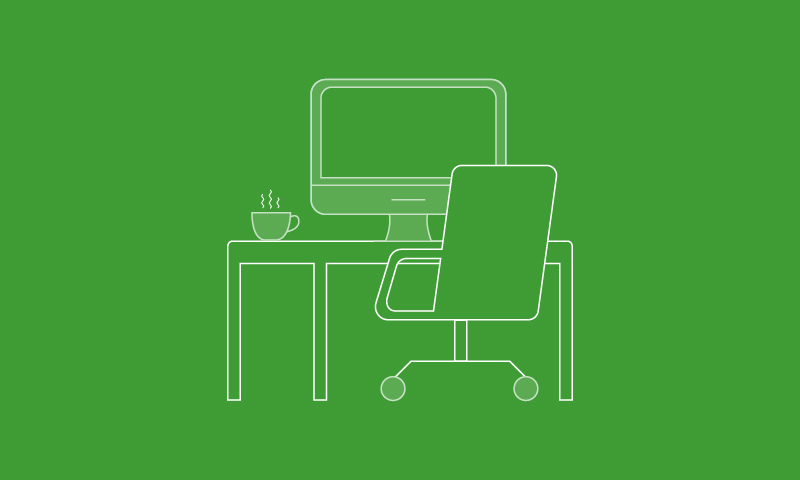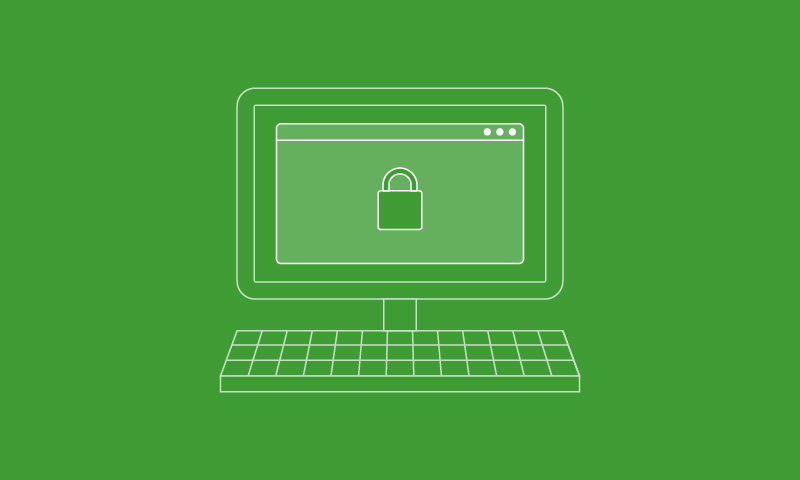25 November 2022
The importance of payroll is often overlooked despite arguably being one of the most important functions within any business. Those working in the payroll profession will be familiar with the mantra of being paid ‘correctly and on-time, every time’. While this might seem like an impossible standard, this is the basic expectation of every employee and stakeholder of payroll.
Failure to achieve this standard can lead to a variety of adverse impacts on your business, such as staff demotivation, increased turnover plus the risk of legal action and fines. Getting the right solution in place can help nullify these issues and provide a number of tangible benefits across your business. Therefore, it’s of vital importance that this key responsibility is given careful consideration and that the right solution is selected. RSM has advised thousands of clients on finding the right solution to meet their requirements. But what are those options?
Ultimately a choice will be made as to whether to process the payroll in-house within the business as a Software-as-a-Service (SAAS) option, or to outsource to a dedicated payroll service provider as a managed service. Every business is different, and each will have different requirements for what is important to their payroll function. Reviewing the benefits of each of these options will identify which works best for your business.
Benefits of an outsourced / managed payroll service
Outsourcing is sometimes considered the best option for a smaller business. However, businesses of all sizes whether that be a single employee all the way through to those with tens of thousands of employees may choose to outsource their payroll function. The benefits of outsourcing your payroll include:
- Reduced Costs – Staff costs are often the biggest expenditure in any company budget and getting the best people usually comes at a cost. Employee salaries, benefits and pensions all impact on the costs incurred by your business. Outsourcing payroll removes the need to pay for dedicated payroll staff, but still ensures that this vital function is fulfilled. It also reduces training costs removing the need to ensure that your payroll staff’s training is up-to-date each year. Plus, there is no need to pay for licencing payroll software internally.
- Saves Time – Time is money and despite the importance of payroll, it does not generate income. Therefore, freeing-up the time of internal staff allows them to focus on other key responsibilities across the business. Growth, sales and investment, could all perhaps be better uses of time. Outsourcing the payroll puts the bulk of this task into somebody else’s diary, clearing up a little more space into yours.
- Provides Expertise – payroll is a complex area with a variety of rules and legislation to adhere to. There is a lot to stay informed on and little margin for error when processing. Outsourcing provides the confidence that your payroll is processed by expert professionals who understand all the requirements when processing, increasing accuracy of the output.
- Ensures Compliance – In addition to processing the payroll correctly, it is important that it is reported correctly too. Reporting requirements can range from the requirement to report your payroll in a certain way and by specific dates, to ensuring that what was actually processed and shown within that reporting is accurate. Outsourcing the payroll can provide the confidence that it is processed and reported in compliance with ever-changing legislation.
- Improves Data Security – Data Security is important, but it can also be expensive particularly when it comes to premium services. Outsourced payroll providers can host payroll data within highly secure servers and create comprehensive disaster recovery plans perhaps not normally available within your budget or expertise. This can offer peace of mind against the risk of data breaches which can be damaging to company reputation, staff morale and to your bank balance with heavy fines levied against non-compliance with Data regulations.
These benefits might be exactly what any business requires, reducing costs whilst taking away the hassle of payroll so that the focus can remain on the core goals of the business, However, an in-house SaaS solution can also provide similar benefits.
Benefits of in-house payroll using SaaS
In-house payroll can sometimes seem like an expensive option that is only available to larger businesses with the means to employee payroll staff. However, it is a solution that can employed by businesses of all sizes. Processing your payroll in-house can:
- Provide Greater Flexibility – Working with a third-party payroll provider binds you to their rules and requirements for completing this service. They will undoubtedly have a defined process they will expect your business to follow and requests to deviate from it are often either met with refusal or increased costs. Processing the payroll in-house means that you set your own deadlines, decide when data is processed and make as many changes and updates as you need.
- Provide Greater Control – Similarly with a third-party payroll provider having their own processes, often you feel you have little control over how they are carried out and no input into how they can be improved. Processing the payroll in-house lets you create your own processes whilst having control over all aspects of them. It allows you to review how data is provided, when it is provided, how it is processed and change any processes and controls to suit your requirements.
- Increase Transparency – When processes are completed externally, often all your see is the final output with limited visibility into how the output was achieved. An in-house payroll allows you to fully audit all stages of the payroll process from start to finish to ensure first-hand accuracy and compliance. This provides confidence that all processes, controls and legislation are complied with throughout every stage of the payroll process.
- Data Security – The other side of data security is the transfer of data. By processing the payroll in-house there is no need to provide sensitive employee or company data to an external third-party and the potential risks involved with making mistakes throughout this process. Keeping all data centrally reduces the risk of data breaches and the harmful impacts they can have on your business.
- Reduce Costs – Reduction of costs for both outcomes of a decision sounds like a paradox, but both are equally true. Processing a payroll in-house can reduce costs from an outsourced service with many businesses making the decision to take a previously outsourced payroll in-house to reduce costs. The size of your business will often determine whether the cost of licensing software is more cost-effective than paying for an outsourced service. In some large businesses, the price per employee cost of an outsourced payroll can exceed the cost of hiring staff and licencing software. Equally, a small business might find that the payroll function takes so little time that the task sits with an existing employee with salary already budgeted for.
For some businesses, the full control over the payroll function that processing in-house provides may be desirable, providing the freedom to process exactly as best suits your key requirements across every area of the business.
It’s clear that there are benefits to both processing a payroll in-house and outsourcing. All business needs are unique and will drive what the most important factors are for deciding which option to take.
If you would like to know more about our payroll solutions, discuss the benefits of outsourcing versus in-house or are thinking of changing your service, please contact Steve Sweetlove or Richard Arthur.










